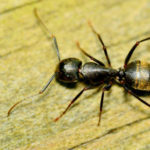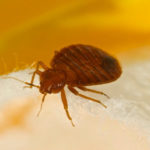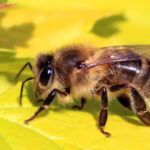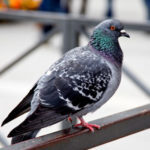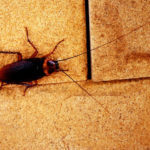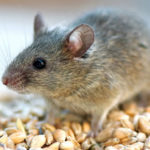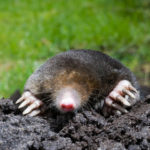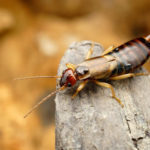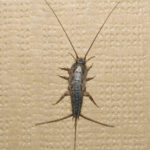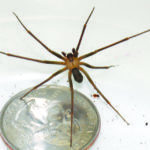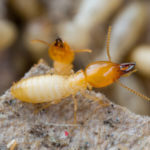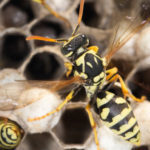Spiders
Spiders
In the United States are two common spider groups that are considered dangerous to man, the widow spiders and recluse spiders.
Information:
There are over 35,000 species of spiders worldwide, with about 3,000 occurring in North America. Many species of spiders are household pests. Where ever food is available, spiders are likely to be found. All spiders are predators, feeding on insects and other small arthropods. In the United States only two spider groups are considered dangerous to man, the black widow spiders and brown recluse spiders. Both of these groups are composed of several species.
Spiders are predators, paralyzing or killing their prey with venom. They typically feed by injecting a pre-digestive enzyme fluid into the body of the prey and then return later to suck in the digested liquid food. Spiders can live without food for several weeks to a few months. Most spiders are nocturnal or active at night and will generally scurry away if disturbed unless they are tending to an egg sac or young. During the day, they usually remain hidden and inactive in cracks and crevices or in their webs.
Usually, spiders bite only when provoked such as when squeezing or handling. Bites usually occur when cleaning out neglected places like basements, attics, garages or when putting on seldom-used clothing. Many spiders cannot penetrate human skin with their fangs and the bite of those that do usually result in no more than swelling and inflammation. The primary exceptions are the black widow and brown recluse spiders. Black widows produce a neurotoxin while the brown recluse produces a cytotoxin that will cause an ulcerating sore or lesion. Anti-toxins are available for both. Always consult a physician if a bite is suspected. Try to capture the specimen for positive identification to aid in possible treatment.
Control:
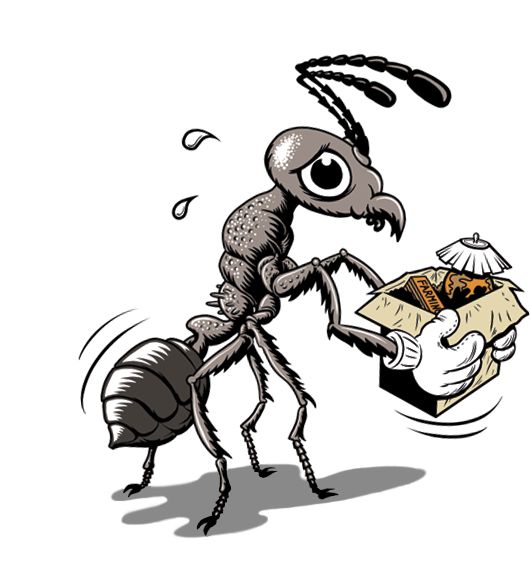
Critters
bothering you?
Set the move-out date for your pests today by calling Northwest Pest Control!
